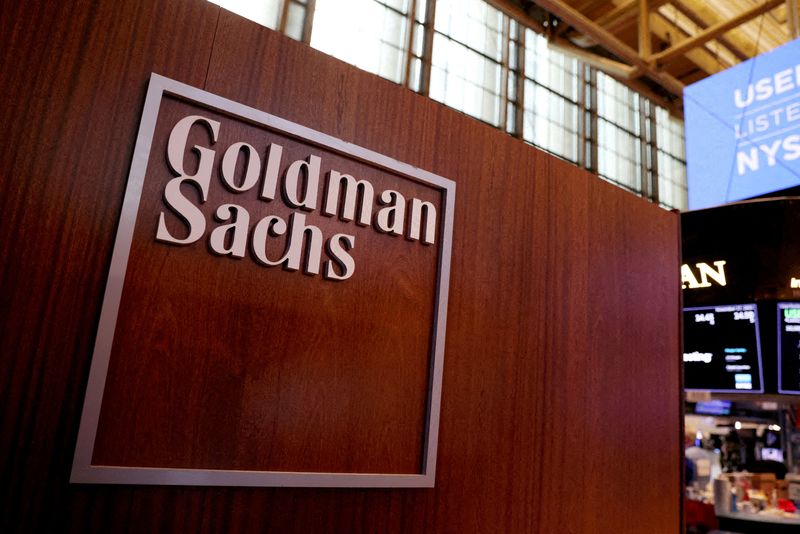(Reuters) – Goldman Sachs on Thursday said the West may need more than $25 billion in investments to match China’s supply of rare earths, as export curbs by Beijing on minor metals fuel fears that rare earths could be next.
Europe and the U.S. are scrambling to wean themselves off rare earths from China, which account for 90% of global refined output. Concerns about supply were heightened this week by China’s decision to impose export restrictions on two minor metals used in semiconductors and electric vehicles.
The market for rare earths neodymium and praseodymium (NdPr), used in magnets in sectors from electrified transport to defense, will be well supplied in the medium term due to increases in China’s mining quotas, analysts at the bank said in note, predicting a market surplus until 2027.
Mining more than 70% of the world’s NdPr and accounting for over 90% of the downstream metal and magnet segment, China increased its output to around 50,000 tons this year from about 34,000 tons in 2021, the bank said.
The market was pushed into a surplus after China hiked its production quota for the first half of 2023 by 20%, Goldman said, cutting price forecasts for NdPr.
Replicating China’s 50,000 tons per annum output could cost the West anywhere between $15 billion and $30 billion, Goldman estimated.
It expected demand for NdPr could outpace supply from 2028 onwards, driven by the share of demand for electric vehicles and wind turbines doubling to 50% by 2030.
But out of more than 20 projects outside China that could produce some 20,000 tons of NdPR every year, Goldman believes that “only 2-3 of these projects can get off the ground this decade.”
(Reporting by Deep Vakil in Bengaluru; Editing by Conor Humphries)
